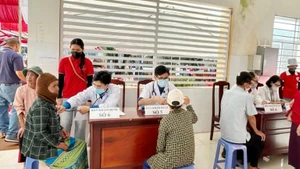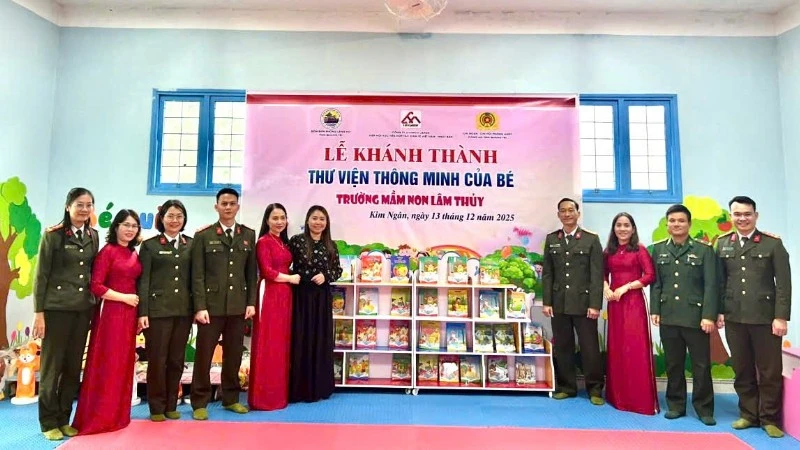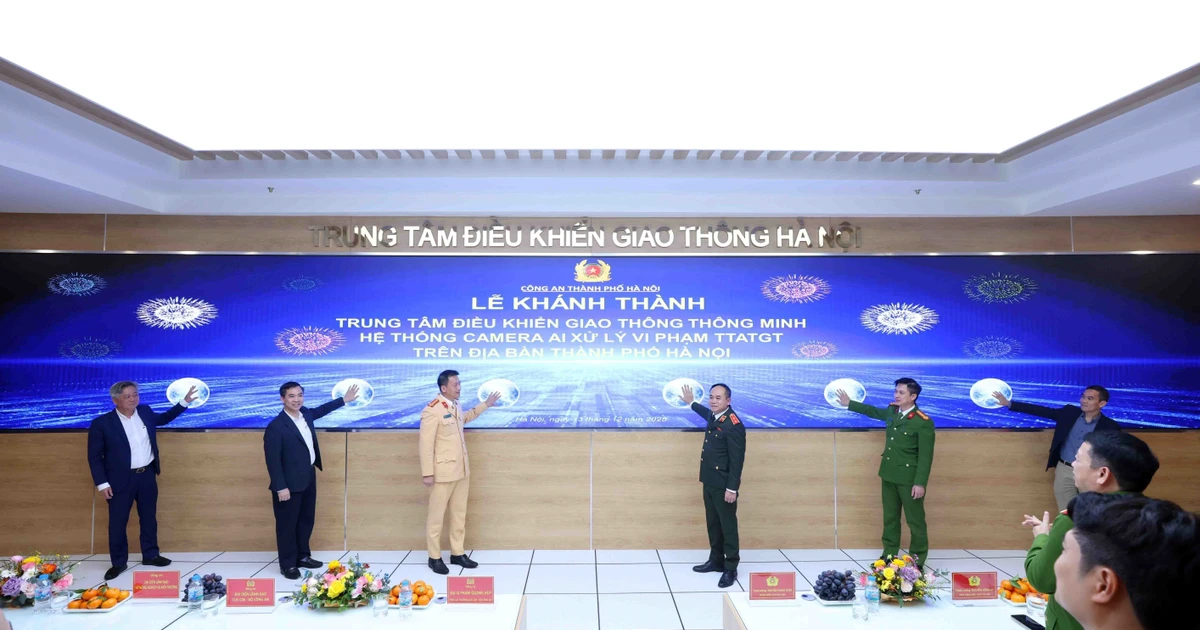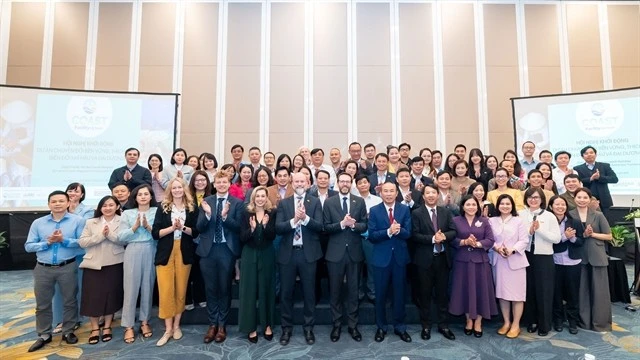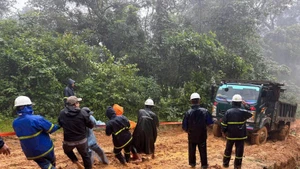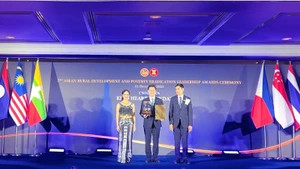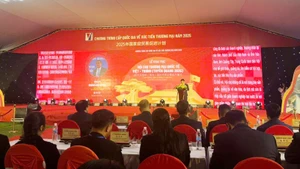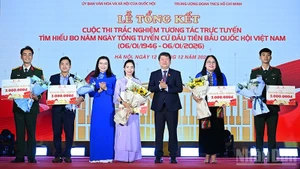The Government leader made the statement on December 19 at a meeting with 55 dignitaries representing religious organisations throughout the country.
The meeting, held in Ho Chi Minh City, allowed the Government to hear their opinions on how to effectively implement the Law on Belief and Religions, which was recently approved by the National Assembly.
According to the Committee for Religious Affairs, the government has recognised and granted licences to 39 religious organisations with 24 million adherents, accounting for 27% of the population.
Speaking at the conference, religious leaders emphasised that despite the differences in their practices, all religions and faiths in Vietnam are directed toward a good life and align themselves with the development of the country.
Religious organisations have contributed to preserving, nurturing and enriching humane values with a positive impact on society, and they have become an important channel in promulgating the Party and State’s policies.
Representatives of many religious organisations expressed their appreciation for the newly passed Law on Belief and Religions and suggested the Government issue guidance on the implementation of the law soon.
For his part, Prime Minister Nguyen Xuan Phuc said religious organisations had performed their social duties through a wide range of work such as by holding classes, organising charitable events and caring for orphans and the elderly.
But he stated that there are still a number of challenges facing religious activities stemming from the implementation of policies, differences between the competent authorities and religious organisations and even provocations by hostile forces.
The prime minister respectfully appealed to religious dignitaries to become role models and to encourage their followers to obey the State’s policies and laws and to actively participate in socio-economic movements.
He emphasised that all Vietnamese people share a common root and should join hands to build the country.
With that in mind, the PM urged religious leaders to work closely with State agencies to jointly address difficulties in a constructive manner in a spirit of respecting the law and ensuring everyone’s religious freedom.
He also requested that ministries, agencies and local authorities continue tending to socio-economic life and improving the living standards of the people, especially those who are religious.
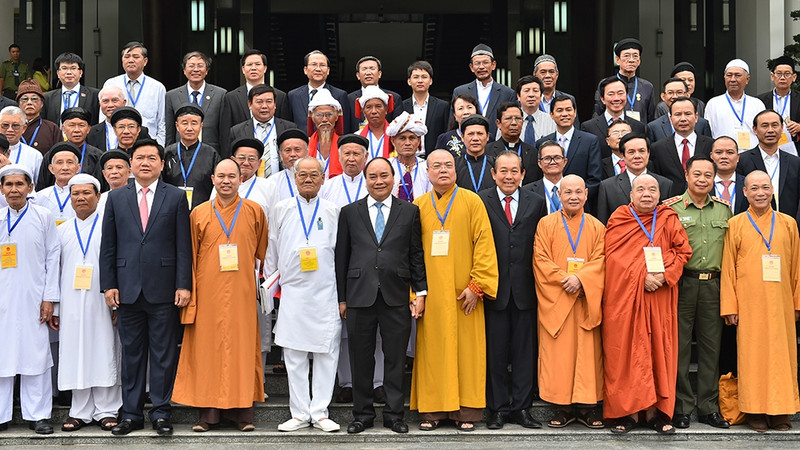
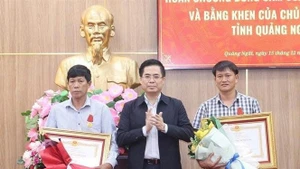
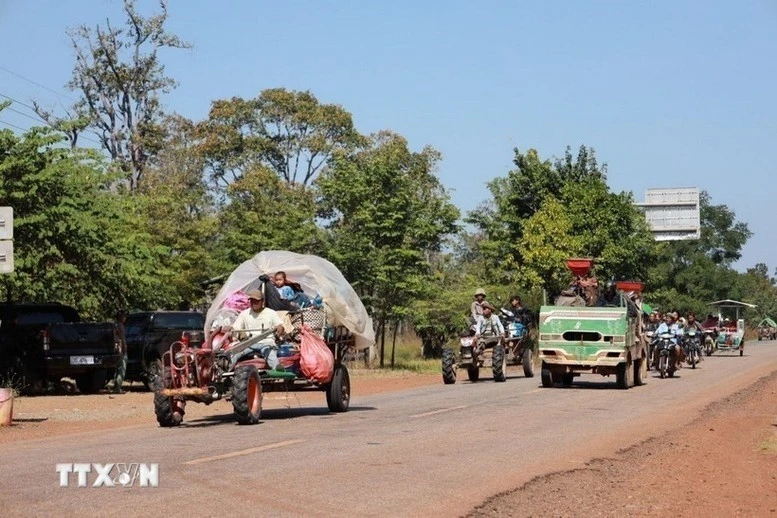
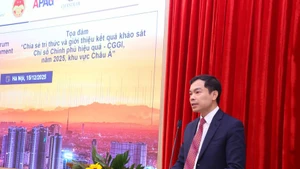
![[Video] Ha Noi: Specialised policies drive sustainable poverty reduction breakthroughs](https://en-cdn.nhandan.vn/images/8f440db7b9bfe62cb5397a6750a8b01bbaf06a77cd3ba844b6a06b6142d24086491b89243c34896c7911c3e80101275f91bf1e90a5f8d4ce13dc0f62a878f516/hanoi.jpg.webp)

